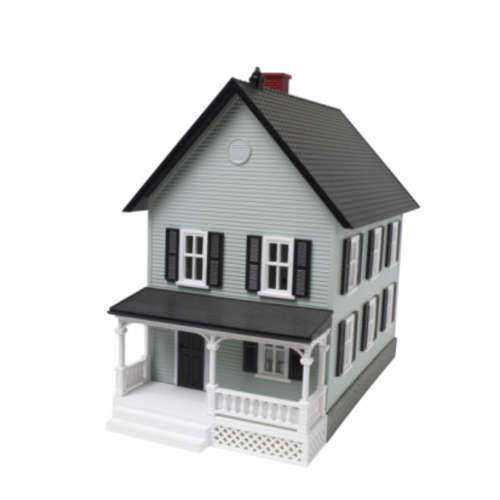What Does a Surveyor Do?

A property surveyor makes determinations about the borders or property, based upon past surveys and other public records which help to indicate the borders of surrounding properties. Surveyors also share their surveys with one another, so that they can more easily determine the boundaries of the property and surrounding properties.
Surveyors have specialized tools which are meant to measure distances to a very fine point on a piece of land. The property is measured according to legal and recorded documents, such as old surveys and then the property is roped off as the surveyors complete their full measurements.
The roping off of properties is used for a variety of purposes. Surveyors can help property owners to determine where they may legally place improvements or permanent boundaries such as fences, as they must be placed a certain distance from a property line.
A surveyor also helps homeowners that wish to sell their home, so that potential buyers can clearly see which portions of property they will own and which pieces are under ownership of another. Without a land surveyors work, it can be difficult to ascertain which pieces of property go together, as many are without boundary distinctions such as fences.
Property surveyors can also help in making determinations during property ownership disputes. There are in fact recorded surveys and deeds which overlap boundaries and a surveyor can help settle those disputes by examining surveys from the area, recorded previous to the dispute.









